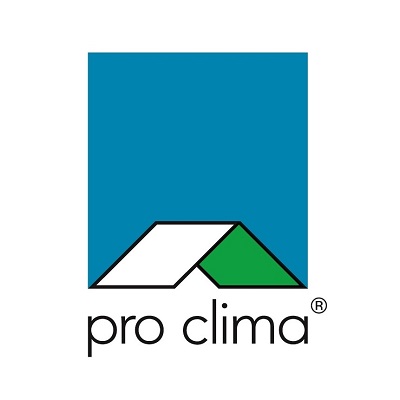
Is New Zealand amid an energy and environmental revolution in the building industry? Autex thinks so.
A growing awareness of environmental issues and the rising cost of energy has created a milieu for architects where the future of sustainable building design is here now. Considering the 50-year lifespan of a building, taking steps to future-proof a structure that will result in longer-term energy and environmental benefits is imperative.
However, delivering on this imperative means more than specifying sustainable materials, energy-efficient appliances, or the latest energy management systems. It requires a continued dialogue between architects and their clients beyond budgetary constraints and building codes. Architects play a crucial role in driving these conversations because the decisions that are made today impact everyone for many years to come.
Just as future-proof design is here for architects, it’s also here for manufacturers. Especially for those whose products keep buildings thermally and structurally sound. Insulation is one of the most effective products for controlling the flow and retention of heat within a building. There are additional aspects to consider when choosing products that will also have the least possible effect on the environment.
Below is a list:
- Performance over the life of the product: Correctly installed and maintained insulation should not settle or reduce over time.
- Product Warranty: Ensure products are backed with a 50-year product durability warranty.
- Look at building elements collectively to work towards energy efficiency: Consider which R-value can be achieved, and, where possible, specify higher performing insulation products. It is always easier to factor into a new build than retrofit in the future.
- Consider thermal bridging for ceiling insulation: Double layering across battens in the ceiling can help minimise energy losses.
- Recyclability of the product afterlife of the building: Future-proofing for energy efficiency is for the long term. Choose reusable and recyclable products to keep them in a circular state of use.
- Green Credentials: Insulation products should be environmentally accredited and hold Declare, Red List Chemical Free, and Global GreenTag certifications.
- Zero Waste Manufacturing: Manufacturers with Zero Waste manufacturing goals ensure the products selected will lead to better environmental outcomes.
- Manufacturers' commitment to the environment: Memberships and affiliations with respected Green Building Councils and organisations demonstrate commitment.
Autex Industries is a proud member of the New Zealand Green Building Council (NZGBC) and is committed to better environmental building design. A 50-year product durability warranty backs insulation products.











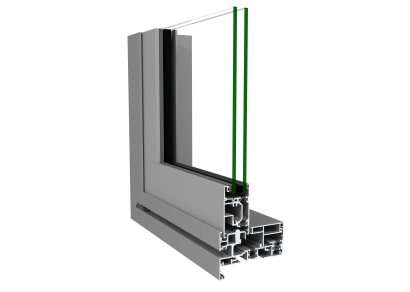
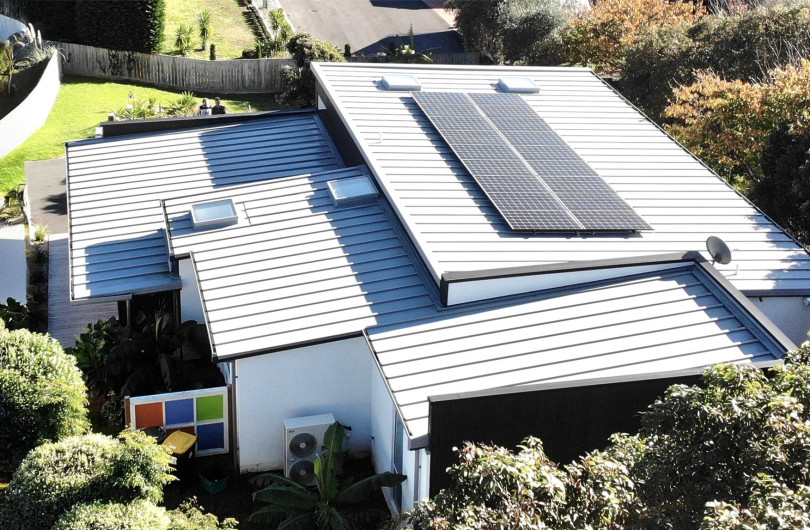
 New Products
New Products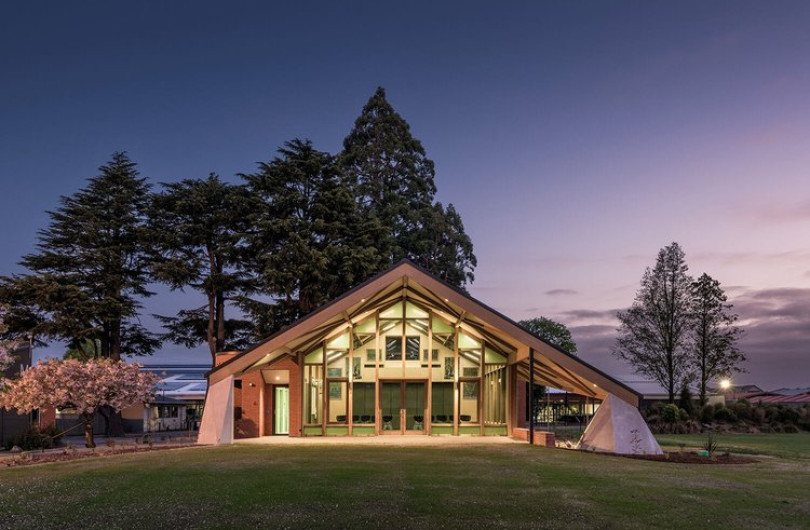
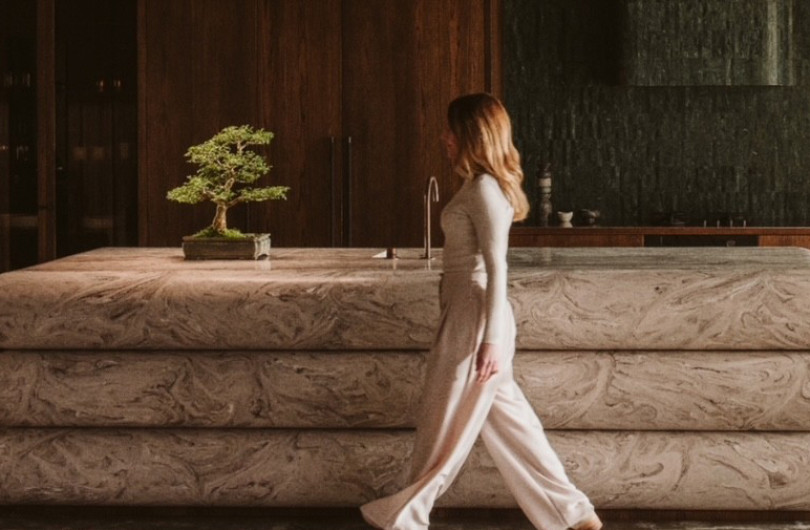

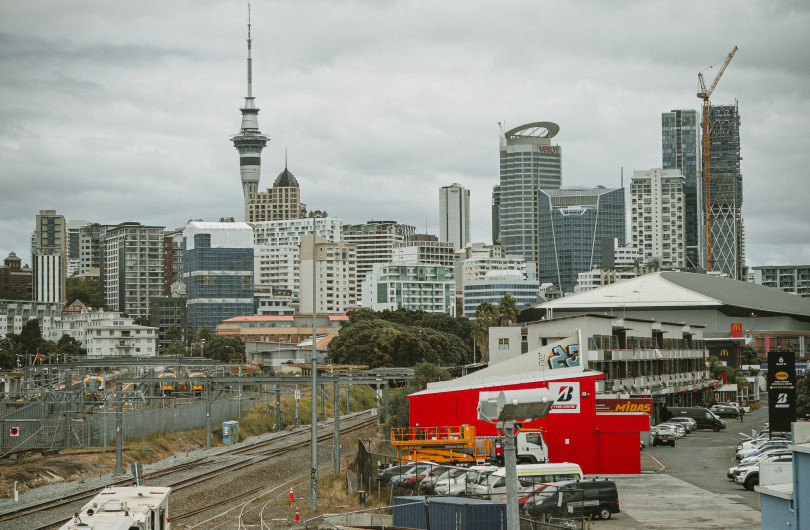

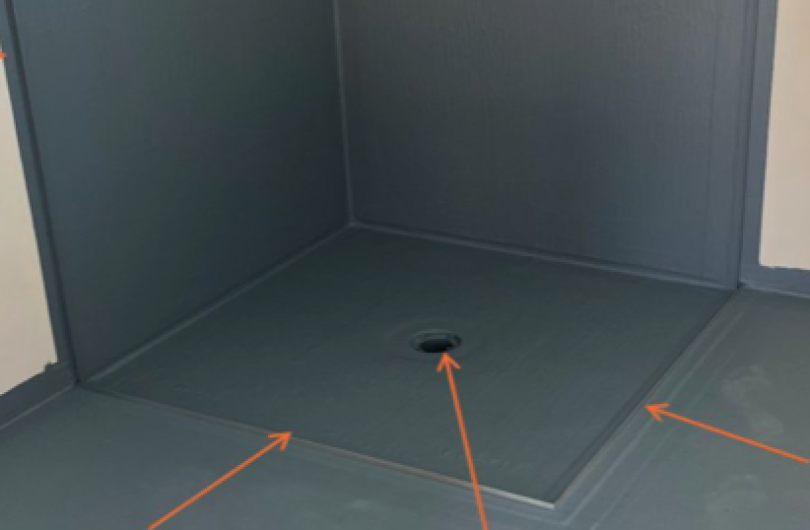




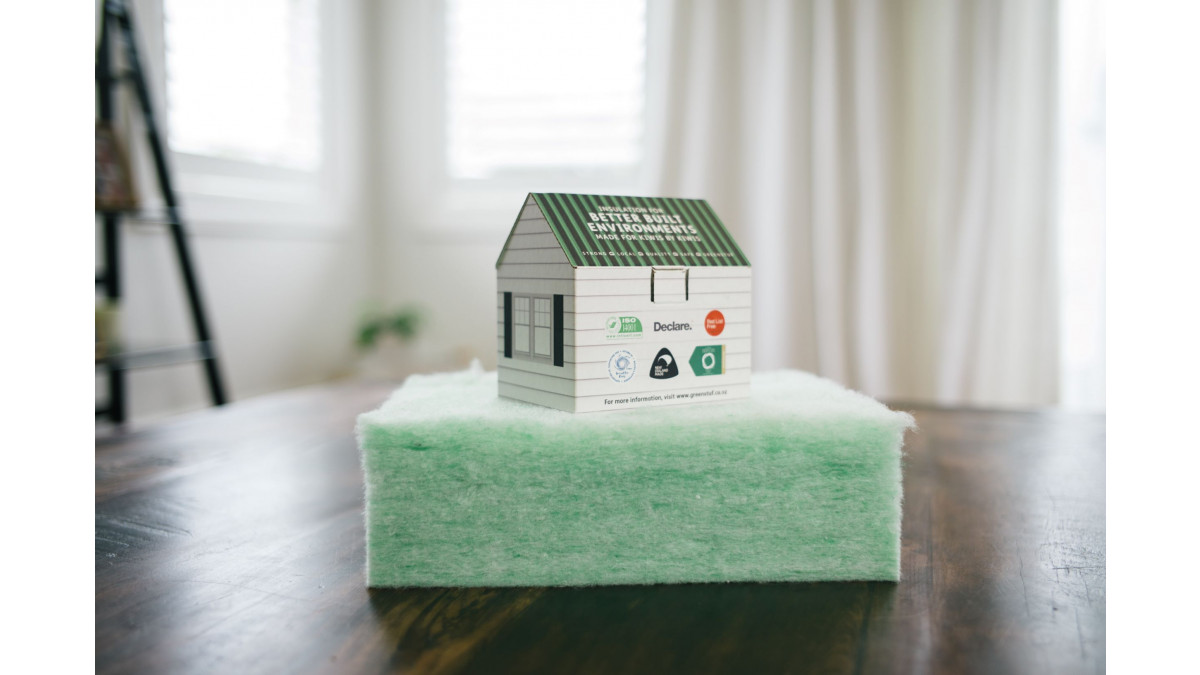
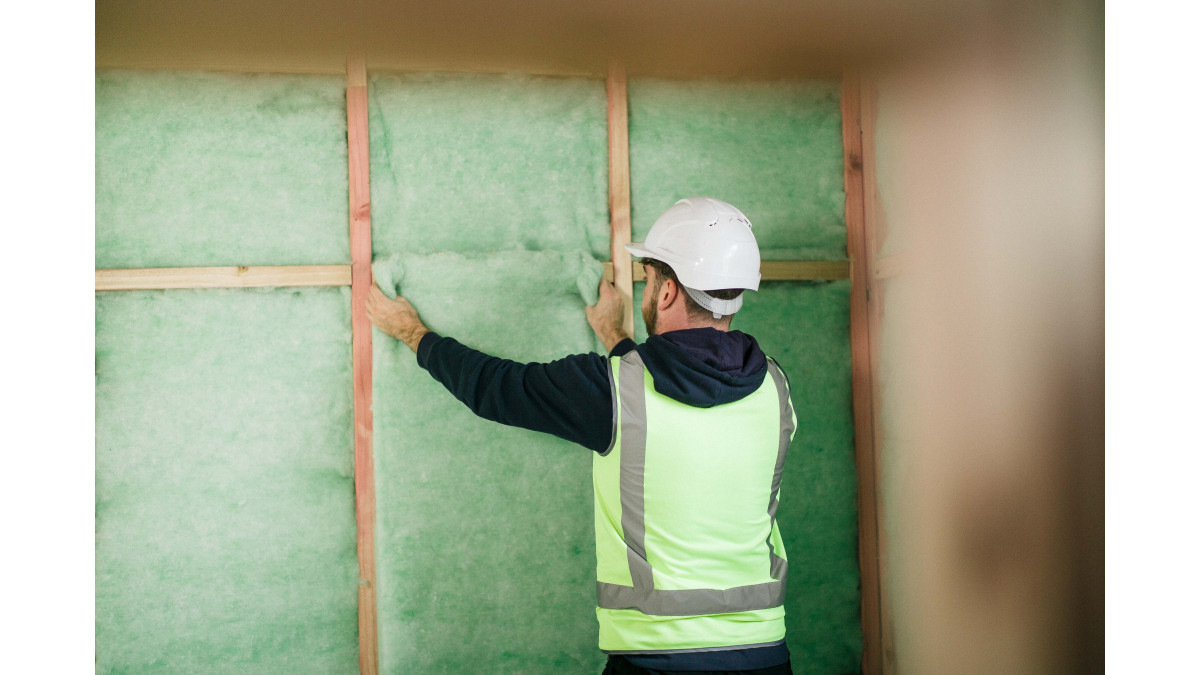
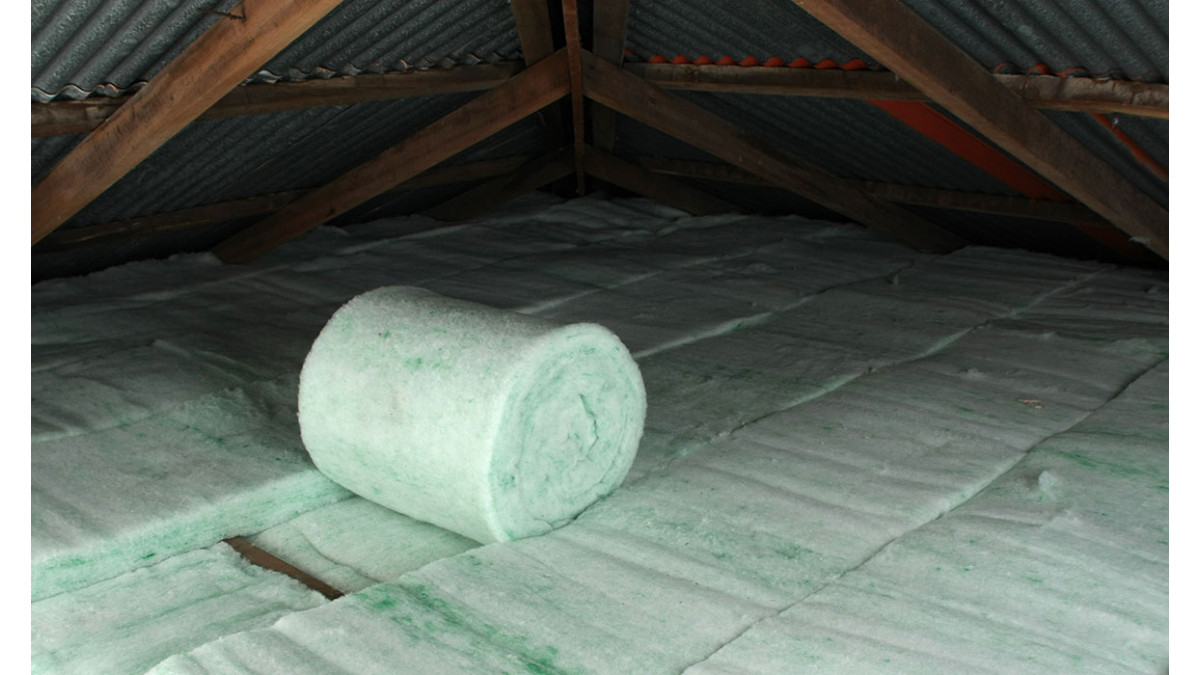


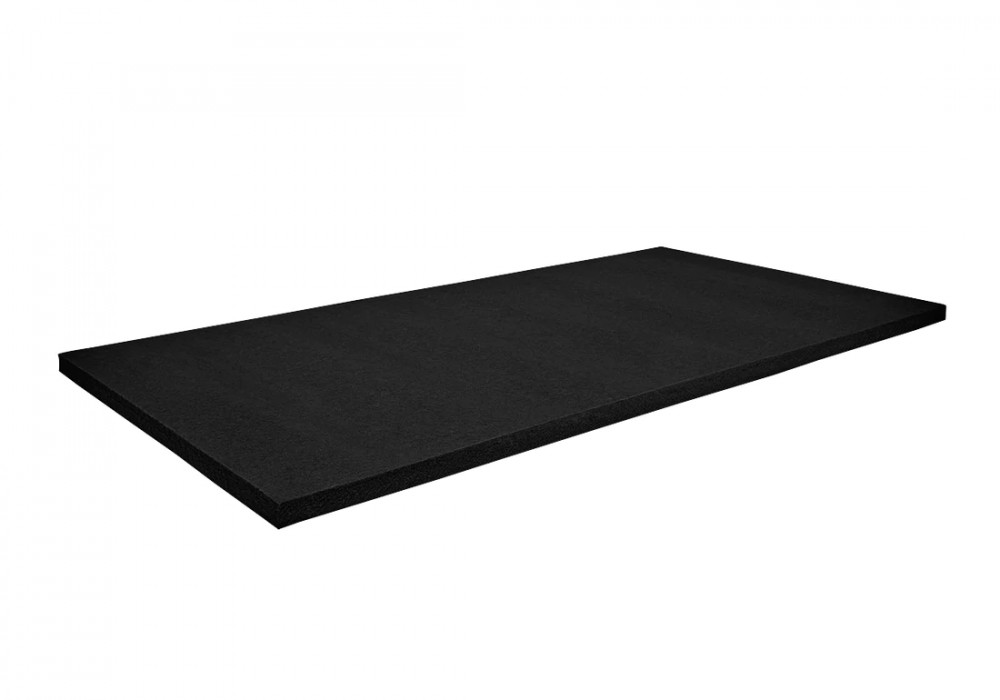
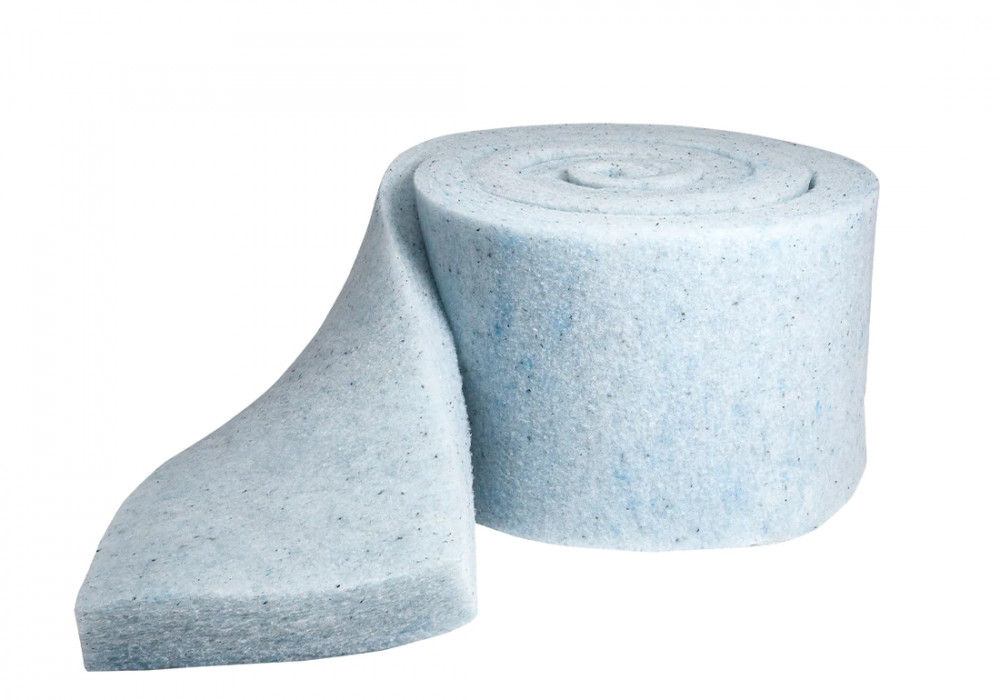


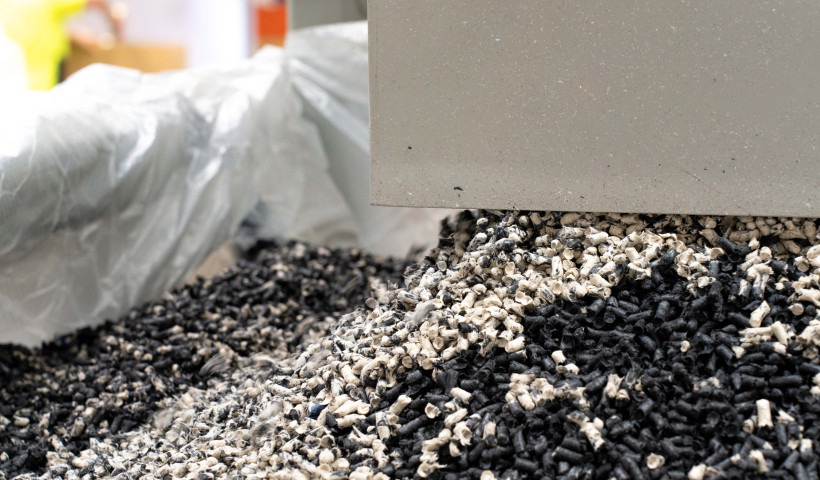
 Popular Products from Autex Acoustics
Popular Products from Autex Acoustics


 Most Popular
Most Popular


 Popular Blog Posts
Popular Blog Posts